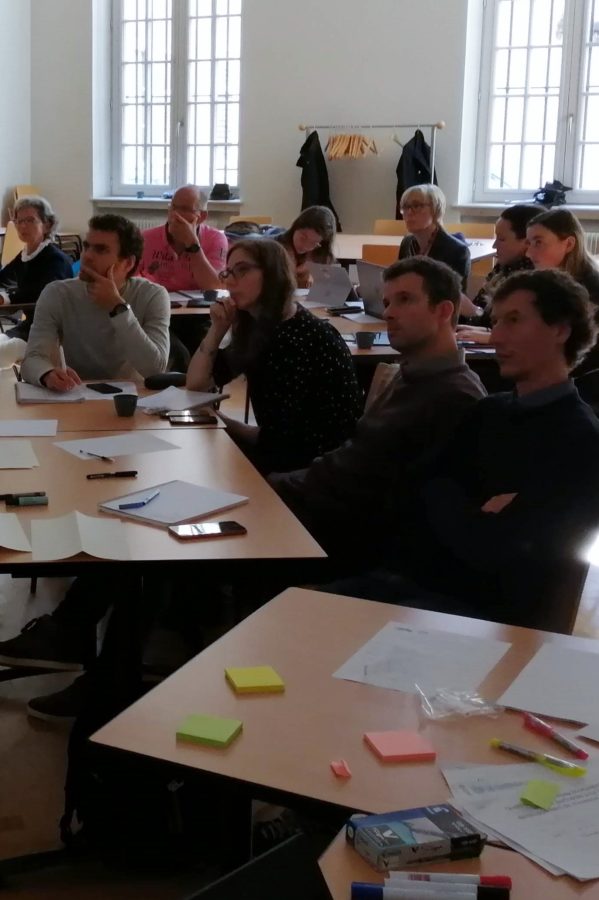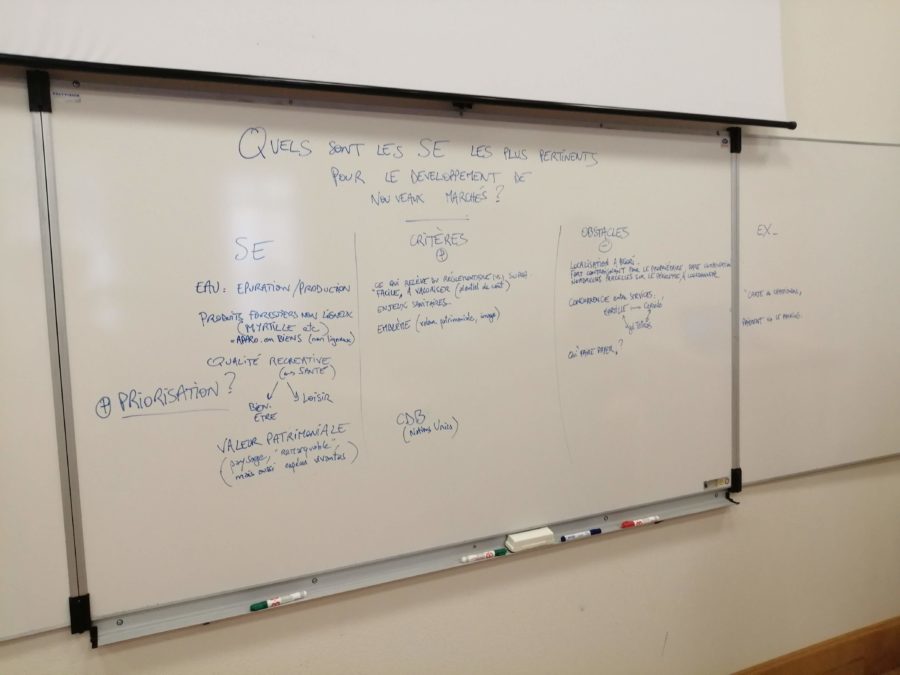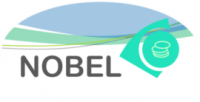In the French pilot demonstration a first local stakeholder meeting took place in Octobre 2019 in Nancy. Together with Mathieu Ruillet of the Metropole GrandNancy in the framework of the project “Des Hommes et des Abres” Anne Stenger-Letheux and Jens Abildtrup from the BETA division of INRAE welcomed about 20 participants. These stakeholders consisted of producers, buyers, facilitators, government and research and development organisations and were informed about the project NOBEL and the Ecosystem Services Exchange.

Julia Grimault from the subsidiary private company I4CE introduced the market system for Carbon Sequestration “Label Bas Carbone” which is already operational. She also presented a survey on potential buyers and how the participation of companies can be facilitated. Simon Martel from the public extension service CNPF-IDF added the producer’s perspective whereas Antonin Vergez from the Ministry of Environment highlighted the obstacles and legal options in France.
Existing experiences, services and tools were gathered following the questions which ecosystem services are most relevant for the development of new markets and which mechanisms are already operational, or in the process of becoming operational.
It was found that experiences with FES exist in the fields of carbon projects, ecological compensation, Natura 2000 and contract-based payments as well as PES schemes in agriculture. Services addressed by participants were protection of soils, carbon sequestration and substitution, quality of water, agricultural resilience, health and social issues, recreation in forest, patrimonial value and attachment. In terms of tools methods for valuating natural capital, ecosystem service assessment (EFESE), reference values of the Convention on Biodiversity and regional/territorial expectations resp. development targets may give the framework and targets for measures. For spatial data and carbon modelling on national scale (IGN) interest in working and discussing further with NOBEL was expressed as both having common targets concerned.

More detailed discussions about the purification of water, non-timber forest products like blueberry picking and cultural ecosystem service led to the conclusion that services deriving from good practice or common goods are unlikely to generate and realize monetary compensations.
In 2020 a second workshop will be organised. Meanwhile, the dialogue started with this first meeting continues and further stakeholders are involved. Also a representative survey amongst forest managers has been launched.
